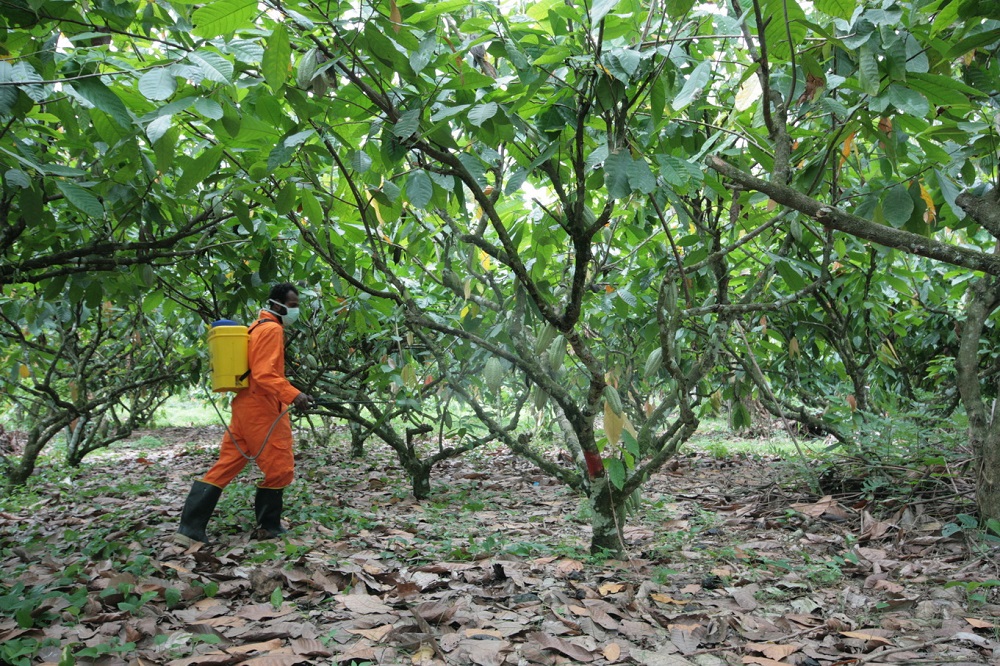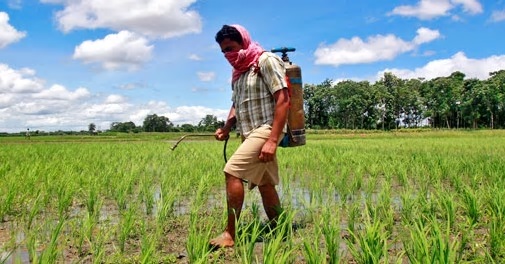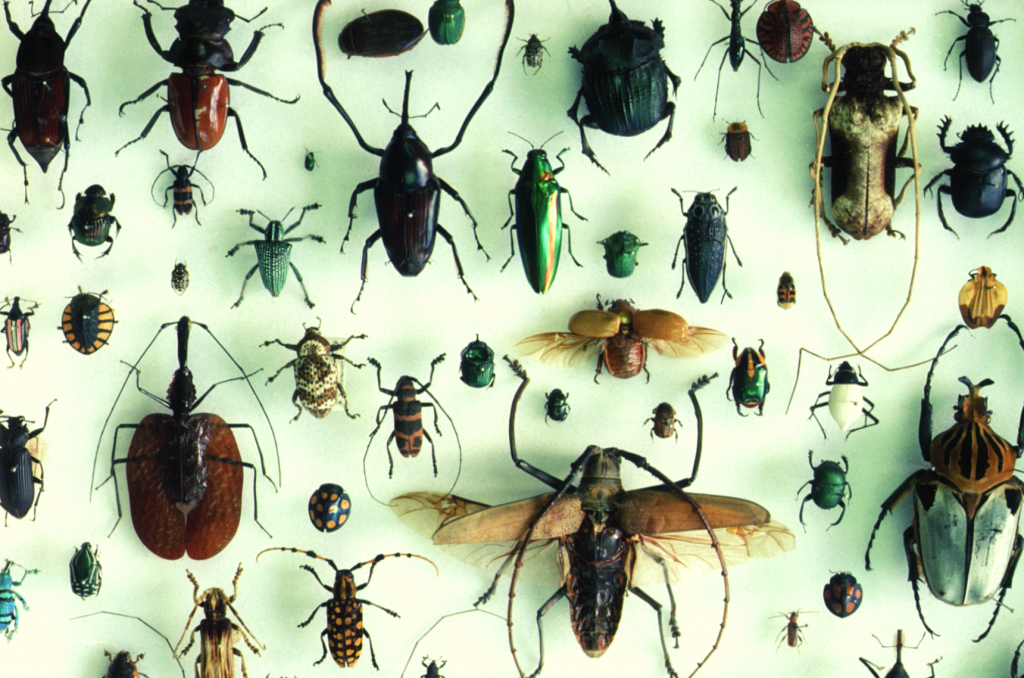Why a global insect decline affects us all
Insects crucial for ecosystem functioning and food production A comprehensive review of insect declines around the world gives a stark picture of the scale of the declines and the consequences both for ecology and human welfare. The paper, published in Biological Conservation, warns that 40% of the world’s insect species could become extinct within a few…
To bee or not to bee
This Sunday the UK celebrated World Bee Day (May 20th); the first year of the now to be annual UN awareness event aimed at increasing our sensitivity to the global importance and increasing struggle of pollinators. Whilst the event hopes to increase understanding of pollinators generally, including butterflies, moths, birds and bats, the focus is…
Buzzing activity around pollinator health
Yesterday I cherished the start of spring in England by attending an event devoted to pollinators and pollination at the University of Reading. Most presentations at this meeting organised by the Royal Entomological Society were understandably about bees, but we also heard a few talks highlighting the importance of other pollinator groups. For about five…
O Christmas Tree, O Christmas Tree, how big is your Carbon Footprint?
As part of the festive season this year, many of us will either buy a fresh Christmas tree, or we will bring an artificial one down from the attic. Either way, a Christmas Tree often forms an important part of the festivities. According to the National Christmas Tree Association, in 2012, US consumers purchased 24.5 million “real”…










